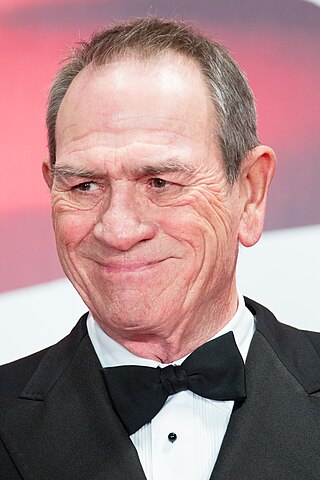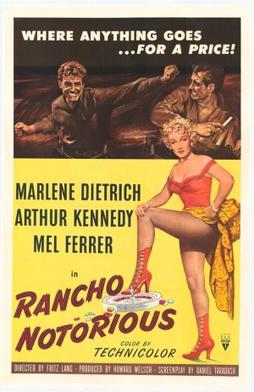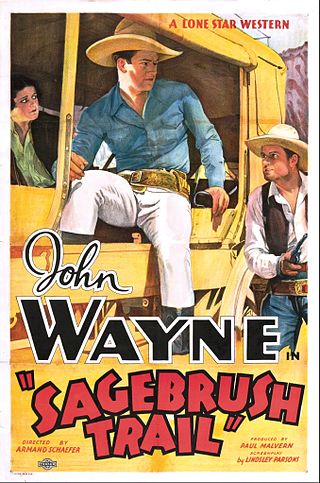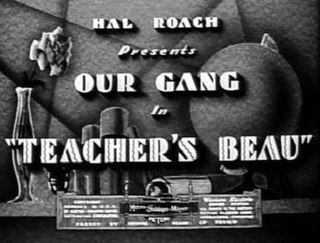Related Research Articles
Lanford Wilson was an American playwright. His work, as described by The New York Times, was "earthy, realist, greatly admired [and] widely performed." Wilson helped to advance the Off-Off-Broadway theater movement with his earliest plays, which were first produced at the Caffe Cino beginning in 1964. He was one of the first playwrights to move from Off-Off-Broadway to Off-Broadway, then Broadway and beyond.

Nachem Malech Mailer, known by his pen name Norman Kingsley Mailer, was an American novelist, journalist, playwright, and filmmaker. In a career spanning over six decades, Mailer had 11 best-selling books, at least one in each of the seven decades after World War II.

Joe Hill, born Joel Emmanuel Hägglund and also known as Joseph Hillström, was a Swedish-American labor activist, songwriter, and member of the Industrial Workers of the World. A native Swedish speaker, he learned English during the early 1900s, while working various jobs from New York to San Francisco. Hill, an immigrant worker frequently facing unemployment and underemployment, became a popular songwriter and cartoonist for the union. His songs include "The Preacher and the Slave", "The Tramp", "There Is Power in a Union", "The Rebel Girl", and "Casey Jones—the Union Scab", which express the harsh and combative life of itinerant workers, and call for workers to organize their efforts to improve working conditions.

Tommy Lee Jones is an American actor. He has received various accolades including an Academy Award, a Golden Globe Award, a Primetime Emmy Award and two Screen Actors Guild Awards.

Gary Mark Gilmore was an American criminal who gained international attention for demanding the implementation of his death sentence for two murders he had admitted to committing in Utah. After the U.S. Supreme Court upheld a new series of death penalty statutes in the 1976 decision Gregg v. Georgia, he became the first person in almost ten years to be executed in the United States. These new statutes avoided the problems under the 1972 decision in Furman v. Georgia, which had resulted in earlier death penalty statutes being deemed "cruel and unusual" punishment, and therefore unconstitutional. Gilmore was executed by a firing squad in 1977. His life and execution were the subject of the 1979 nonfiction novel The Executioner's Song by Norman Mailer, and 1982 TV film of the novel starring Tommy Lee Jones as Gilmore.

Rosanna Lisa Arquette is an American actress. She was nominated for an Emmy Award for her performance in the TV film The Executioner's Song (1982) and won the BAFTA Award for Best Actress in a Supporting Role for the film Desperately Seeking Susan (1985). Her other film roles include After Hours, The Big Blue (1988), Pulp Fiction (1994), and Crash (1996). She also directed the documentary Searching for Debra Winger (2002) and starred in the ABC sitcom What About Brian? from 2006 to 2007.
Capital punishment is a legal penalty in the U.S. state of Utah.

David Arquette is an American actor and former professional wrestler. He is best known for his role as Dewey Riley in the slasher film franchise Scream, for which he won a Teen Choice Award and two Blockbuster Entertainment Awards.

The Executioner's Song (1979) is a Pulitzer Prize-winning true crime novel by Norman Mailer that depicts the events related to the execution of Gary Gilmore for murder by the state of Utah. The title of the book may be a play on "The Lord High Executioner's Song" from Gilbert and Sullivan's The Mikado. "The Executioner's Song" is also the title of a poem by Mailer, published in Fuck You magazine in September 1964 and reprinted in Cannibals and Christians (1966), and the title of one of the chapters of his 1975 non-fiction book The Fight.
Jack Henry Abbott was an American criminal and author. With a long history of criminal convictions, Abbott's writing concerning his life and experiences was lauded by a number of well-known literary critics, including author Norman Mailer. Due partly to lobbying by Mailer and others on Abbott's behalf, Abbott was released from prison in 1981 where he was serving sentences for forgery, manslaughter, and bank robbery. Abbott's memoir In the Belly of the Beast was published with positive reviews soon after his release. Six weeks after being paroled from prison, Abbott stabbed and killed a waiter outside a New York City cafe. Abbott was convicted and sent back to prison, where he killed himself in 2002.

Rancho Notorious is a 1952 American Western film directed by Fritz Lang and starring Marlene Dietrich as the matron of a criminal hideout called Chuck-a-Luck, named after the game of chance referenced in the film. Arthur Kennedy and Mel Ferrer play rivals for her attention in this tale of frontier revenge.

Johns is a 1996 American drama film written and directed by Scott Silver and starring David Arquette and Lukas Haas, who portray hustlers who work Santa Monica Boulevard.

Sagebrush Trail is a 1933 American Pre-Code Western film with locations filmed at Bronson Canyon starring John Wayne and featuring Lane Chandler and Yakima Canutt. It was the second Lone Star Productions film released by Monogram Pictures. It was shown as An Innocent Man in the UK, and this version was later released in a colorized version on home video.
Noall Thurber Wootton was the Utah County District Attorney, in Utah, from 1974 to 1986. During his time in that role, he is most famous for being the lead prosecutor of Gary Gilmore, the first person to be executed after the 1976 reinstatement of the death penalty. Wootton earned his bachelor's degree from Brigham Young University in 1961 and a JD from the University of Utah in 1964. Noall Wootton died at the age of 65 on 27 April 2006 due to cancer.

Teacher's Beau is a 1935 Our Gang short comedy film directed by Gus Meins. It was the 136th Our Gang short to be released.

David Owen Norris, is a British pianist, composer, academic, and broadcaster.
Victim: The Other Side of Murder is a 1982 true crime book by Gary Kinder. The book is based on actual characters and events of the so-called "Hi-Fi murders" that took place on April 22, 1974, in Ogden, Utah.

You Don't Know Jack is a 2010 American made-for-television biopic written by Adam Mazer and directed by Barry Levinson. It stars Al Pacino, John Goodman, Danny Huston, Susan Sarandon, and Brenda Vaccaro.

CSI: Cyber is an American police procedural drama television series that premiered on March 4, 2015, on CBS. The series, starring Patricia Arquette and Ted Danson, is the third spin-off of CSI: Crime Scene Investigation and the fourth series in the CSI franchise. On May 12, 2016, CBS cancelled the series after two seasons.

Champ for a Day is a 1953 American crime film directed by William A. Seiter and written by Irving Shulman. The film stars Alex Nicol, Audrey Totter, Charles Winninger, Hope Emerson, Joseph Wiseman and Barry Kelley. The film was released on August 15, 1953, by Republic Pictures.
References
- ↑ Hal Erickson (2007). "The Executioner's Song (1982)". Movies & TV Dept. The New York Times . Archived from the original on 2007-10-12. Retrieved 2008-06-18.
- ↑ ""I Hear America Talking," profile of Lanford Wilson by Don Shewey". Archived from the original on 2015-12-22. Retrieved 2015-12-21.
- 1 2 Hal Erickson, The Executioner's Song, New York Times, 2010, accessed 31 May 2015
- ↑ D'Arc, James V. (2010). When Hollywood came to town: a history of moviemaking in Utah (1st ed.). Layton, Utah: Gibbs Smith. ISBN 9781423605874.
- ↑ PT, "The Executioner's Song" Archived 2017-03-14 at the Wayback Machine , Time Out (London), n.d., accessed 31 May 2015